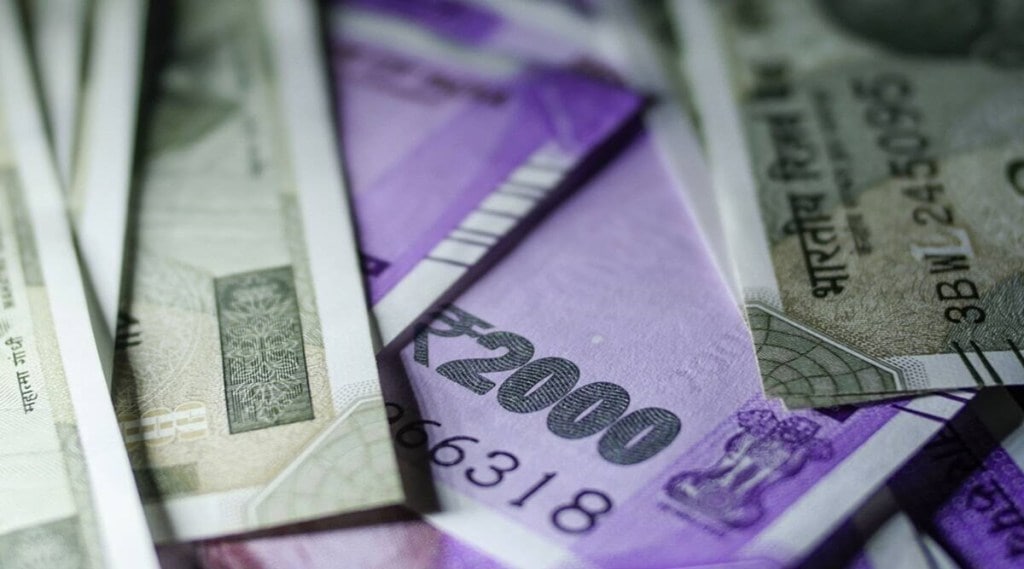The recent reduction in import duties on select raw material for plastics, metals and steel industries will cost the exchequer about Rs 15,000 crore in the current financial year on a net basis, after adjusting for the revenue gain from the hike in export duties on some steel products, a senior finance ministry official said on Monday.
On May 21, the government scrapped the 5% import duty on coke and semi-coke. A 2.5% basic customs duty (BCD) on PCI coal and coking coal was also scrapped, and the BCD on naptha reduced to 1% from 2.5%. The duty on ferro-nickel was cut to zero and that on methyloxirane (propylene oxide), an input for plastics, to just 2.5%.
It also imposed an export duty of 45% on iron ore pellet, and of 15% on select pig iron, flat-rolled products of iron or non-alloyed steel, bars and rods and various flat-rolled products of stainless steel. Similarly, the export duty on iron ores and concentrates was raised from 30% to 50%. All these changes were effective from May 22.
On May 21, the government had also cut excise duty on petrol by Rs 8/ litre to Rs 19.1/ litre and that on diesel by Rs 6/ litre to Rs 15.8/ litre, a move that would cost the exchequer a massive Rs 1 trillion annually, or roughly Rs 85,000 crore in the remainder of FY23.
“While excise and customs duty collections will be impacted in FY23 due to the duty cuts, likely higher goods and services tax receipts will help cover to some extent the shortfall in other indirect taxes,” the official said.
Despite the revenue loss of about Rs 1 trillion on account of excise and customs duty cuts in FY23, analysts say the Centre’s net tax receipts are expected to exceed the budget estimate for this year by Rs 1-1.3 trillion as the Budget has adopted a conservative estimate.
Elevated prices of critical inputs, especially steel and cement, have threatened to inflate costs of the government’s own projects in the housing, roads and railways sectors, apart from weighing on private investments in infrastructure.
Finance minister Nirmala Sitharaman had earlier expressed concerns that input costs were rising despite India having a huge capacity to cater to both domestic and export demands, and said there was a need to ensure there were no monopolistic or duopolistic tendencies leading to price rise and supply-side manipulations.
The export/ import duty adjustments came days after official data showed the wholesale price index (WPI), dominated by raw material and intermediate goods, hit an over 30-year high of 15.08% in April. Core WPI inflation remained elevated at 11.1%, while core retail inflation hit an almost eight-year high of 6.97%.


